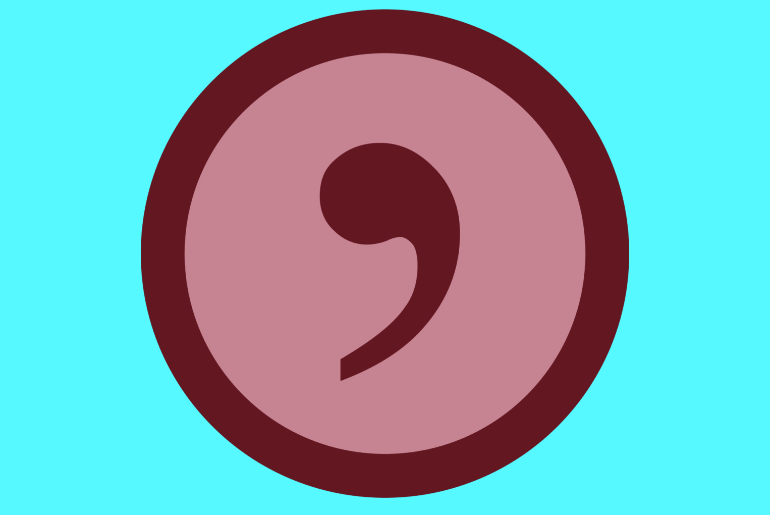Good news for struggling spellers of all nationalities.

Newcastle, 1 April 2023: To the great relief of many, foreign and native-English speakers alike, the Higher Education Commission, the Merriam-Webster Dictionary, as well as the Associated Press (AP) have, after year-long discussions, agreed to relax on the following spelling rules. They relate for the majority on the use (or not) of the apostrophe.
The apostophe, introduced into English in the 16th century in imitation of French practice, is a typographical sign to mark a contraction, an omission of a letter, such as in the American: Cruisin’ – instead of Cruising. Since we were children we have heard the ‘Don’t do that’ instead of the ‘Do not do that’, although the placing of the apostrophe has always challenged a large slice of the population.
There is one exception though: words and names in the genitive form (possessive case), as in Maria’s hat (which in German would be ‘correctly’ spelt as Marias Hut) carry the apostrophe, although no letter is missing in that place. This is justified, though, to differentiate between the plural of a noun and its possessive form. Similarly the apostrophe is used (although contended) in expressions like: 80’s (between 1980 and 1990) and for dotting the i’s and crossing the t’s. It’s also used to mark the plural of CD’s, although more recently forms like 80s and CDs are preferred. (Here we are approaching the realm of the so-called Grocer’s apostrophe – have a look at the many possibilities: duckduckgo.com)
The move to allow the use of various spelling forms is also part of the so-called levelling-up effort, in particular in Britain. Its aim is to eradicate, or at least reduce, the class difference between the educated elite and the common citizens, not only in speech (accent) but also in writing (spelling).
From today onwards you no longer have to worry about differentiating between these forms of writing. Let’s start with the most insidious:
its (belonging to it)
it’s (it is)
which at times escapes the attention of even the most careful editor and proofreader.
Now relax also with:
your (belonging to you)
you’re (you are)
lets (as in ‘holiday lets’)
let’s (let us)
will (testament)
we’ll (we will)
whose (belonging to whom)
who’s (who is)
One of the reasons for this change is the more frequent use of messages via smartphones. On the small keyboard the apostrophe unfortunately requires an extra step, for it is found on a separate window, so the user often chooses the easier option without the apostrophe. (This is also one reason why dashes, colons and semicolons are now replaced by dot dot dot.)
Also, the placement of the apostrophe in the cases below are no longer as strict as they used to be:
I am going to the doctor’s – or is it that I am going to the doctors – or to the doctors’? How many doctors will I see? Does it matter?
The committee is also considering easing up on the following expressions that often get mixed up by the general public (automatic text suggestions creating even more panic).
there (in that place over there)
their (belonging to them)
they’re (they are)
And – but still a bit in extremis (i.e. with some cringing at least in some ears) – even these expressions are apparently no longer frowned upon:
I should of (I should have)
no (know)
ur (your)
Believe it or not, there is even an Apostrophe Protection Society with the mission “to preserve the correct use of this important, though much misused, item of punctuation.” Their website gives many clues as to the right use of the apostrophe, in case anyone wants to remain an old-fashioned apostrophe user. (apostrophe.org.uk)
Sorry to disappoint: It was an April Fools’ Joke.
More on The Guardian: Megxit to McNugget boots: some of the best April Fools’ Day 2023 gags




Comments are closed.